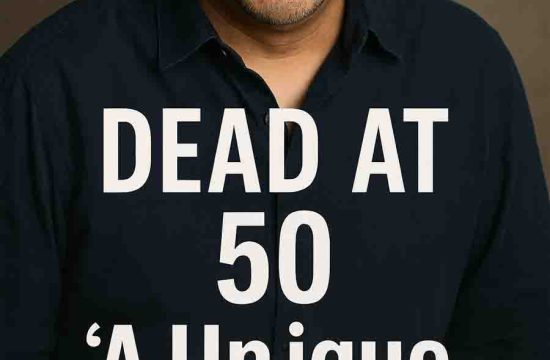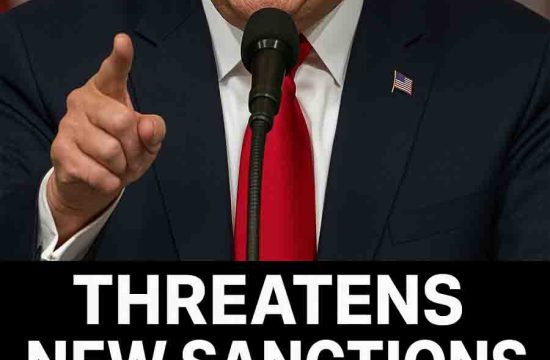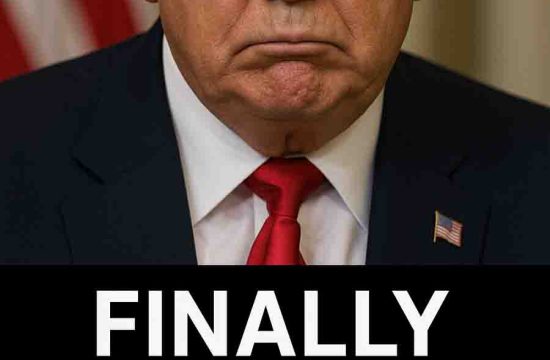Whispers of a growing divide between Donald Trump and his newly announced running mate, Senator J.D. Vance, have begun circulating in Republican circles following the recent flare-up involving Iran, Israel, and the United States.
According to multiple sources familiar with campaign dynamics, Trump was reportedly “irritated” by Vance’s cautious tone in recent interviews where the Ohio senator appeared hesitant to fully endorse the former president’s aggressive posture on Iran. While Trump publicly reaffirmed America’s “unshakable support for Israel” and hinted at “swift retaliation” for any Iranian provocation, Vance struck a more measured note, emphasizing restraint, diplomacy, and avoiding another drawn-out conflict in the Middle East.
“There’s a fundamental difference in approach,” said one GOP strategist. “Trump thrives on dominance and immediate response. Vance, on the other hand, reflects more of a realist, populist skepticism about endless foreign entanglements.”
The timing of the apparent tension couldn’t be more delicate. The Trump-Vance ticket had just begun building momentum ahead of the Republican National Convention. But behind closed doors, advisors say Trump has expressed frustration that Vance’s cautious comments are giving media pundits “ammunition to question the unity of the ticket.”
Some insiders suggest the friction is less about foreign policy and more about optics. “Trump wants loyalty and alignment—especially during international crises,” said a former aide. “If his VP isn’t echoing him on the big stuff, it raises questions.”
Vance’s camp, however, downplays any split. “Senator Vance has full confidence in President Trump’s leadership,” a spokesperson said. “They may have stylistic differences, but they share a common vision for America’s strength and security.”
Still, with the Middle East on edge and 2024 fast approaching, any daylight between the two could become political fuel—for opponents and the press alike.











